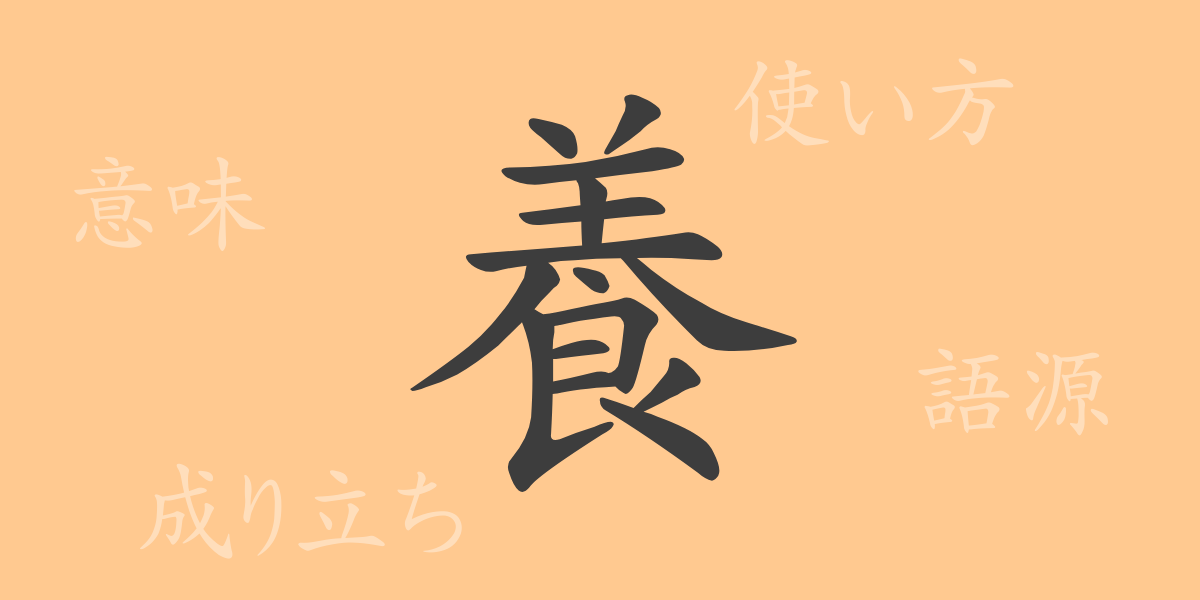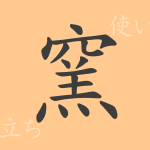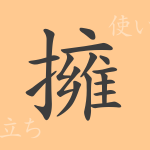Language is a mirror of culture. The 常用漢字 (jōyō kanji), or commonly used kanji in Japanese, reflect Japan’s history, culture, and everyday life through their usage and meanings. This time, we focus on one such kanji, “養” (yō), delving into its origins, everyday usage, and significance for the Japanese people. Let’s explore the rich expressiveness of this single character and the cultural essence it conveys.
Origins of 養 (yō)
The kanji “養” (yō) traces its origins back to ancient China. Its original meaning, “to give food,” evolved to include “to nurture” and “to foster.” As a pictogram, it combines “食” (shí) meaning “food” and “羊” (yáng) meaning “sheep,” originating from the ancient lifestyle of raising sheep for food.
Meaning and Usage of 養 (yō)
In modern Japanese, the meanings of “養” (yō) are diverse. Primarily, it is used to mean “to raise,” “to nurture,” “to maintain,” and “to sustain.” It appears in various words such as “養育” (yōiku – child-rearing), “養護” (yōgo – protection and nurturing), and “養成” (yōsei – training and development). Additionally, “養う” (yashinau) can imply mental support, often used in contexts related to human relationships and education.
Reading, Stroke Count, and Radical of 養 (yō)
The kanji “養” (yō) is understood in Japanese as follows:
- Reading: In 音読み (onyomi), it is read as “ヨウ” (yō), and in 訓読み (kunyomi), it is read as “やしなう” (yashinau).
- Stroke Count: “養” (yō) has 12 strokes.
- Radical: The radical is “食部” (shokubu), categorizing it among kanji related to food.
Idioms, Proverbs, and Phrases Using 養 (yō)
Here are some idioms, proverbs, and phrases that include “養” (yō):
- 養父母 (yōfubo): Legal parents who are not biological parents.
- 養生 (yōjō): Practices for aiding recovery from illness or maintaining health.
- 養護 (yōgo): To protect and nurture.
- 養分 (yōbun): Nutrients necessary for the growth of living organisms.
- 養子縁組 (yōshi engumi): Legal adoption to establish a parent-child relationship.
These idioms and phrases reflect people’s lives, values, and the structure of society.
Conclusion on 養 (yō)
The kanji “養” (yō) represents the fundamental human activities of sustaining and nurturing life. Its meaning extends beyond physical nourishment and upbringing to include mental support and cultural development. The words and expressions containing “養” (yō) used in Japan mirror the values underlying Japanese thought and behavior. Through this kanji, we can glimpse the rich spiritual culture of Japan.

























